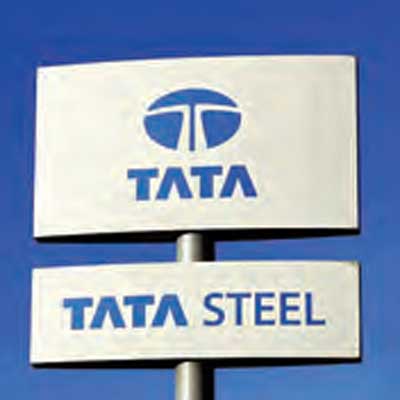

Mulroom Revolutionizes India’s Furniture Market
India's furniture market, a rapidly growing industry, has long grappled with inefficient supply chains, high costs, and limited customization options. Enter Mulroom, a tech-driven startup founded by Parikshit Guhabiswas, which aims to revolutionize the sector through a direct-to-consumer (DTC) model that empowers craftspeople and small-scale manufacturers while promoting sustainability. Mulroom tackles the industry's age-old problems by eliminating middlemen and implementing a lean, technology-enabled supply chain that cuts down waste and reduces costs. By leveraging AI-powered demand forecas..

Build Capital Exits Second SRA Project with 19.76% IRR
Build Capital, an early-stage real estate financier, has successfully exited its investment in a Slum Rehabilitation Authority (SRA) project near Bandra-Kurla Complex (BKC), Mumbai. This marks another successful exit for Build Capital this year, highlighting its focus on delivering superior stakeholder value through structured real estate financing. Build Capital partnered with the developer during the early stages of the project, which had faced significant delays. Its investment facilitated the completion of rehabilitation works and the conversion of scheme parameters to DCPR 2034, enhancin..

Chandak Group Celebrates Women’s Identity
Chandak Group marked this Women’s Day with a powerful and heartfelt gesture aimed at celebrating the individuality and strength of women. Instead of conventional celebrations, the real estate brand launched a meaningful campaign to honor the women who have made Chandak homes their own. The initiative offered every woman homebuyer a unique, personalized memento—a beautifully engraved, sustainable keyholder featuring her name. This thoughtful token serves not only as a keepsake but also as a recognition of her journey, achievements, and rightful space within the home. The campaign’s emot..














